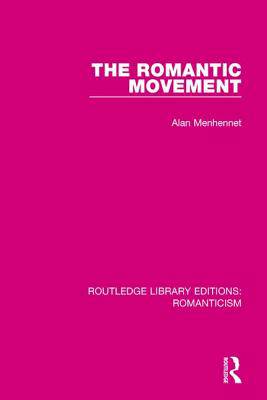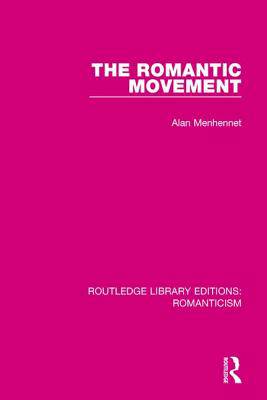
- Retrait gratuit dans votre magasin Club
- 7.000.000 titres dans notre catalogue
- Payer en toute sécurité
- Toujours un magasin près de chez vous
- Retrait gratuit dans votre magasin Club
- 7.000.000 titres dans notre catalogue
- Payer en toute sécurité
- Toujours un magasin près de chez vous
Description
First published in 1981. This study concentrates on the exponents of the central period of German Romanticism, regarding as characteristic the mode in which the poet's self becomes active only in response to external stimuli, most notably those of landscape.
The author traces the main strands of thought and interests that preoccupy Romantic writers; the revolutionary attitude that is yet differentiated from that of writers like Byron by the lack of emphasis on individualism, the dualism of the bourgeois world and the 'inner self', the interest in language as an agency for the regeneration of the German spirit, and the concentration on folk-themes and the idea of Wanderung. This title will be of interest to students of literature.
Spécifications
Parties prenantes
- Auteur(s) :
- Editeur:
Contenu
- Nombre de pages :
- 276
- Langue:
- Anglais
- Collection :
Caractéristiques
- EAN:
- 9781138195257
- Date de parution :
- 17-10-17
- Format:
- Livre broché
- Format numérique:
- Trade paperback (VS)
- Dimensions :
- 156 mm x 233 mm
- Poids :
- 384 g







